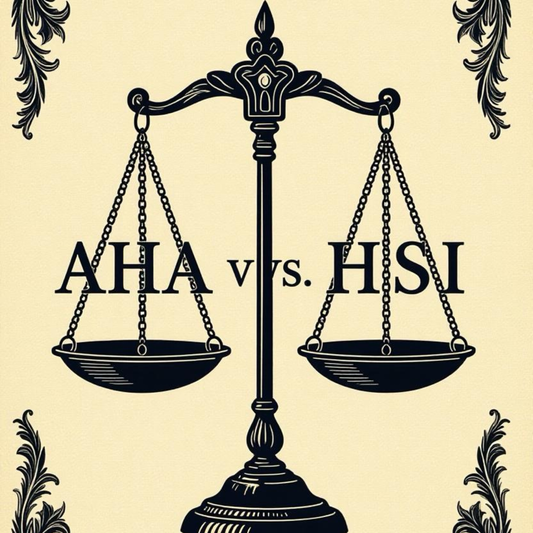
Importance of Continuing Education for First Responders
William BeauregardShare
First responders, including firefighters, police officers, and emergency medical technicians, play a critical role in maintaining public safety. They are responsible for responding to emergencies and providing life-saving services to those in need. However, the nature of their work is constantly evolving, and they must continually update their skills and knowledge to perform their duties effectively. This is why continuing education is so important for first responders.
First and foremost, continuing education allows first responders to stay current with the latest technologies and techniques. As new equipment and tools are developed, first responders need to understand how to use them effectively to save lives and protect property. This includes understanding how to operate advanced life-support systems, communication devices, and other tools that are critical in emergency situations.
Continuing education also helps first responders stay up-to-date with changes in regulations and policies. Laws and regulations related to public safety are constantly changing, and it is important for first responders to be aware of these changes to ensure that they are complying with all relevant regulations. This includes staying informed about new laws related to traffic control, disaster response, and hazardous materials handling.
Moreover, continuing education provides first responders with opportunities to learn new skills and techniques. As new emergency scenarios arise, first responders need to be equipped with the knowledge and skills to handle them. For example, training in disaster response can help first responders deal with natural disasters, such as hurricanes, earthquakes, and floods. Similarly, training in crowd control can help police officers manage large crowds during protests or sporting events.
Continuing education also helps first responders to enhance their leadership and communication skills. These skills are critical for effective teamwork, especially during high-stress situations. Effective communication is necessary to ensure that everyone involved in an emergency situation is on the same page, and that everyone is working together towards the same goal. Leadership skills are also important for first responders, as they may need to take charge of a situation in the absence of higher-ranking officers.
Finally, continuing education is important for first responders' personal and professional development. It allows them to expand their knowledge, learn new skills, and grow their careers. By investing in their own education and training, first responders can improve their job performance and provide better service to their communities.
In conclusion, continuing education is essential for first responders. It allows them to stay current with the latest technologies and regulations, learn new skills and techniques, enhance their leadership and communication skills, and grow their careers. Investing in continuing education is a critical part of ensuring that first responders are prepared to handle any emergency situation and provide the best possible service to their communities.



